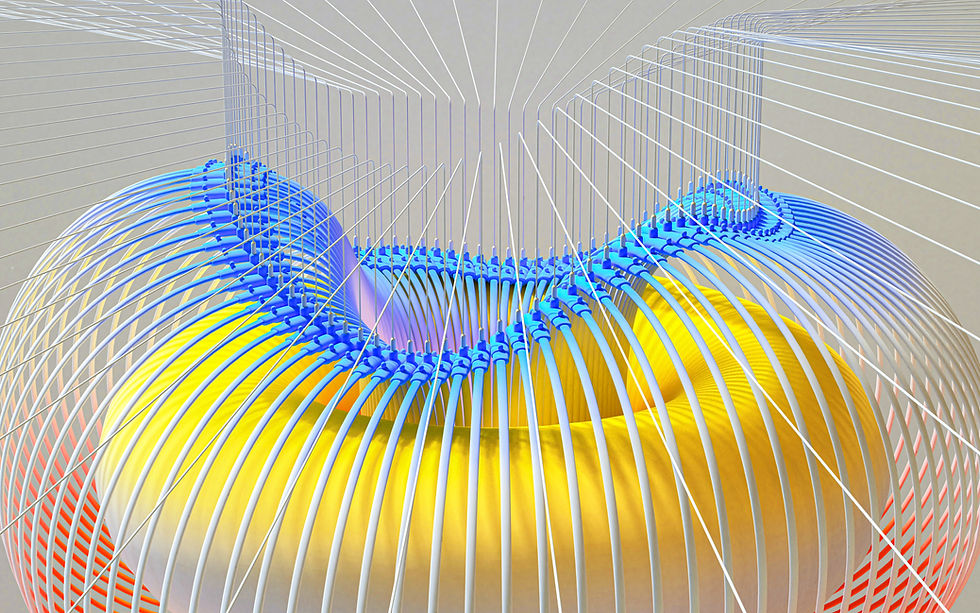A group of artists sued some companies that use artificial intelligence (AI) to create images. The judge in San Francisco, named William Orrick, said he might dismiss parts of the artists' lawsuit. However, he allowed the artists to try again by making their claims clearer against three companies: Stability AI, Midjourney, and DeviantArt.
During the hearing, the judge explained that the artists need to provide more evidence to support their claim that the AI companies copied their work without permission. The judge mentioned that since these AI systems were trained on a huge collection of five billion images, the artists must show stronger proof that their work was indeed involved in the training.

On a positive note, the judge said that one artist, Sarah Andersen, had a better chance of winning her claim against Stability AI, as she had registered copyrights for her artworks.
The lawsuit is just one of many cases where companies like Microsoft, Meta, and OpenAI face legal challenges over their use of large amounts of material to train their AI systems in the fast-growing generative AI field.
In January, Sarah Andersen, Kelly McKernan, and Karla Ortiz accused Stability AI of taking billions of images from the internet to train their AI system, called Stable Diffusion. The artists said that the AI system then created its own images that resembled their art styles, which they believe is a violation of their copyrights. They also named Midjourney and DeviantArt as defendants because their AI systems also use the Stable Diffusion technology. However, it's not clear whether these two companies directly infringed copyrights or if they improperly used Stability AI's model to train their own systems.
One claim made by the artists, which said that the AI systems violated their copyrights by generating images using their names, was considered unlikely to succeed by the judge. He argued that there wasn't enough similarity between the artists' images and the ones created by the AI systems.
The case is called Andersen v. Stability AI Ltd and is being heard in the U.S. District Court for the Northern District of California.
Comments